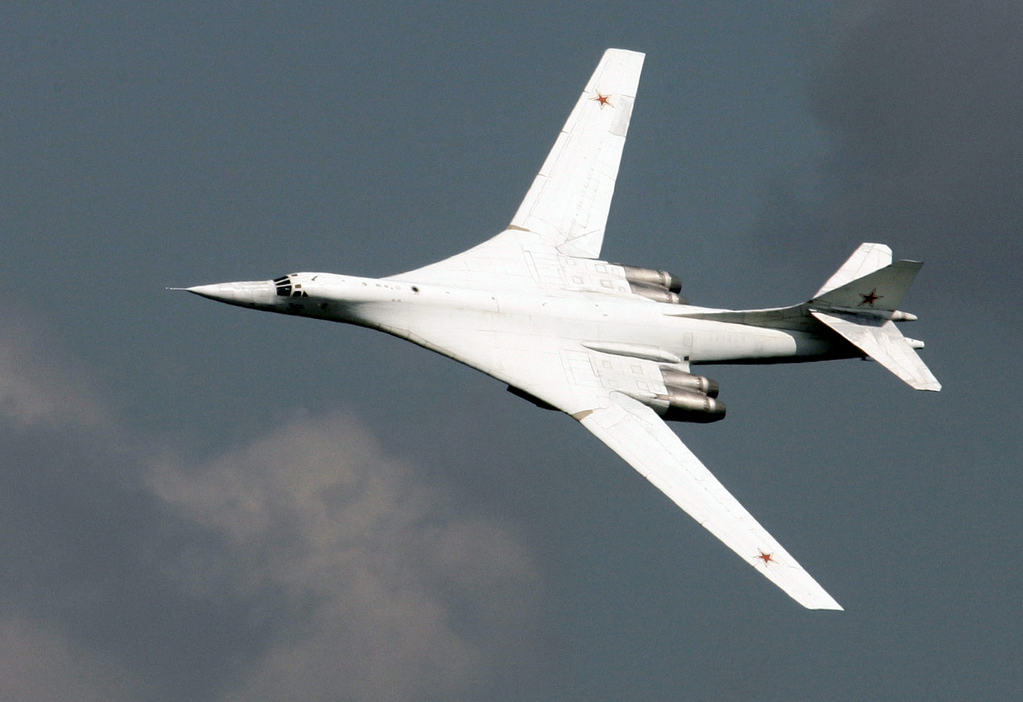Our “Blueprint for Cold War II” series last week was timely. On Thursday, we outlined the risks to investors should the US pull out of a certain missile non-proliferation treaty with Russia. On Friday, it pulled out of it, and on Saturday Russia followed suit.
The Americans’ excuse is that Russia has not been complying with the treaty. While that may not be true, we expect Russia has been made the bogeyman to draw bipartisan support. The US is really pulling out so it can catch up with China’s missile technology, which is now highly advanced as China never signed the treaty in the first place.
With the Intermediate-Range Nuclear Forces Treaty, or INF treaty, now out of the way, the track is clear for a new arms race. With big defence spending on the way, it’s a bullish outlook for the US stocks… shame about the whole “potential for nuclear annihilation” thing.
But it is what it is. Once the US has developed its flashy new missiles (if it hasn’t already behind closed doors), and wants to start deploying them to its Asian allies, that’s when things will get decidedly more hairy.
Asian economies are driven hugely by China, even if many are militarily aligned with the US. For some, hosting the US’s new missiles on their shores will effectively mean pointing a gun at their biggest trade partner – China. It’s almost an act of economic suicide, as China will respond by cutting those ties, to exert pressure. Though that would hurt China too, it’s the smaller economy that would be worst hit.
But refusing to host the latest creations of the US military industrial complex means staring down the barrel of US economic sanctions, à la Iran.
I’m beginning to understand what Eoin means when he claims 2019 will be a “plunger’s paradise”. While this situation may seem very far removed here in the UK, the consequences for investors will be very real. Lacklustre or contracting economic growth will damage investments in countries which take the missiles… and US capital controls will prevent investor capital from entering or leaving countries which don’t.
They’re stuck between a rock and a hard place… And that’s when “plunging season” for Asian markets will truly begin.
The Cuban Venezuelan Missile Crisis
Last year in Zero Hour Alert, I predicted that in Cold War II we’d have a successor to the Cuban Missile Crisis – just not in Cuba, and the weapons in question wouldn’t be missiles. I won’t let the cat out of the bag in this letter, but another situation is developing that’s may be worthy of the title first. (Perhaps there will be a “Cuban Missile Crisis III” afterwards. This is the age of the sequel after all.)
The location for this particular sequel is not Cuba this time, but further south – Venezuela. As you may have noticed in the news, the US government and now the EU are getting very keen on regime change here, while Russia and China are not.
Petroleos de Venezuela, or PDVSA, used to be one of the most profitable and best run oil companies in the world. In 1998, with a workforce of 25,000, it produced 3.5 million barrels of oil per day. The wonders of socialism, however, have made quick work of it. The company now has 140,000 employees, is $34 billion in debt and cannot produce even 1.3 million barrels per day.
That remaining oil flow is what’s keeping President Nicolás Maduro in charge. While most of it is used as payment in kind to settle debts with Russia and China, the little that is sold for cash to the US keeps the regime afloat.
However, with regime change now firmly on the agenda, who knows if those debts will be repaid by the US-backed Juan Guaidó? And, further to yesterday’s letter, if Guaidó assumes power, will Venezuelan oil return to being priced in dollars, and not remain purchasable for yuan or rubles? My money is on the former.
 The Tupolev-160 “White Swan”
The Tupolev-160 “White Swan”
Russia has made it clear that it’d like the US to back off, sending its supersonic “White Swan” nuclear bombers over to Caracas last month, and allegedly now has mercenaries on the ground to protect Maduro.
But the swans flew over before the US upped its rhetoric. In order to keep the US away now, I reckon China may start to play its hand too, and exert military influence to prop the regime up. As detailed yesterday, China wants to pay for commodities with the yuan, and not the dollar, and Venezuela has been happy to serve in this regard. Venezuela is also prime real estate if you’re looking to show off some advanced new missiles to the US. Venezuela may be further from the US than Cuba is, but missile range has improved an awful lots since the 60s.
Will the People’s Liberation Army set up shop in Venezuela? Let’s watch. If I’m right, I’d expect a surge in the price of oil – I’ll need to ask our energy man James Allen what he makes of it.
All the best,
Boaz Shoshan
Editor, Capital & Conflict
Category: Geopolitics

